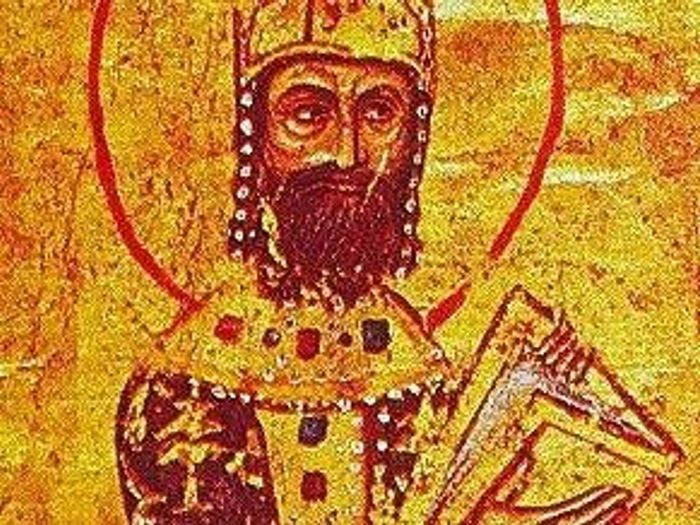
1071-1078 CE), Michael was able to draw on personal experience and his privileged access to the imperial court to give a unique insight into Byzantine politics. As an advisor to several emperors and both tutor and then chief minister to Michael VII (r. Michael's vivid descriptions of Byzantine emperors examine what might have led to the dramatic decline of the empire following the reign of Basil II (976-1025 CE). He was a member of the vibrant intellectual scene of Constantinople for decades and counted the city's patriarchs (bishops) John VIII Xiphilinos and Constantine Leichoudes as his friends. He examined the psychological motivations of friendships and rulership, emphasised the importance of nature ( physis) in human affairs and revived an interest in Neoplatonism. One of the court's intellectuals - and there were many at the time - Michael was an influential writer who combined both philosophy and theology in his letters and books which also encompassed a wide range of other subjects from rhetoric to law, medicine to history. Prior to that decision he successfully converted his early promise as a child prodigy when he was taught by John Mauropous (a future bishop), rose from the rather low starting point of a judge's clerk, and enjoyed a glittering career in the imperial administration in the capital of the Byzantine Empire, Constantinople. Life & Worksīorn in Constantinople in 1018 CE and given the name Constantine by his aristocratic parents, Michael later changed his name when he joined a monastery mid-career.

Writing between 10 CE, his texts combine theology, philosophy, and psychology, while his most famous work is the Chronographia, a series of biographies on emperors and empresses, which has proved an invaluable source on the Byzantine Empire of the 11th century CE. Michael acted as courtier and advisor to several Byzantine emperors, and he was the tutor of Michael VII.

1082 CE) was a Byzantine historian, writer, and intellectual.


 0 kommentar(er)
0 kommentar(er)
